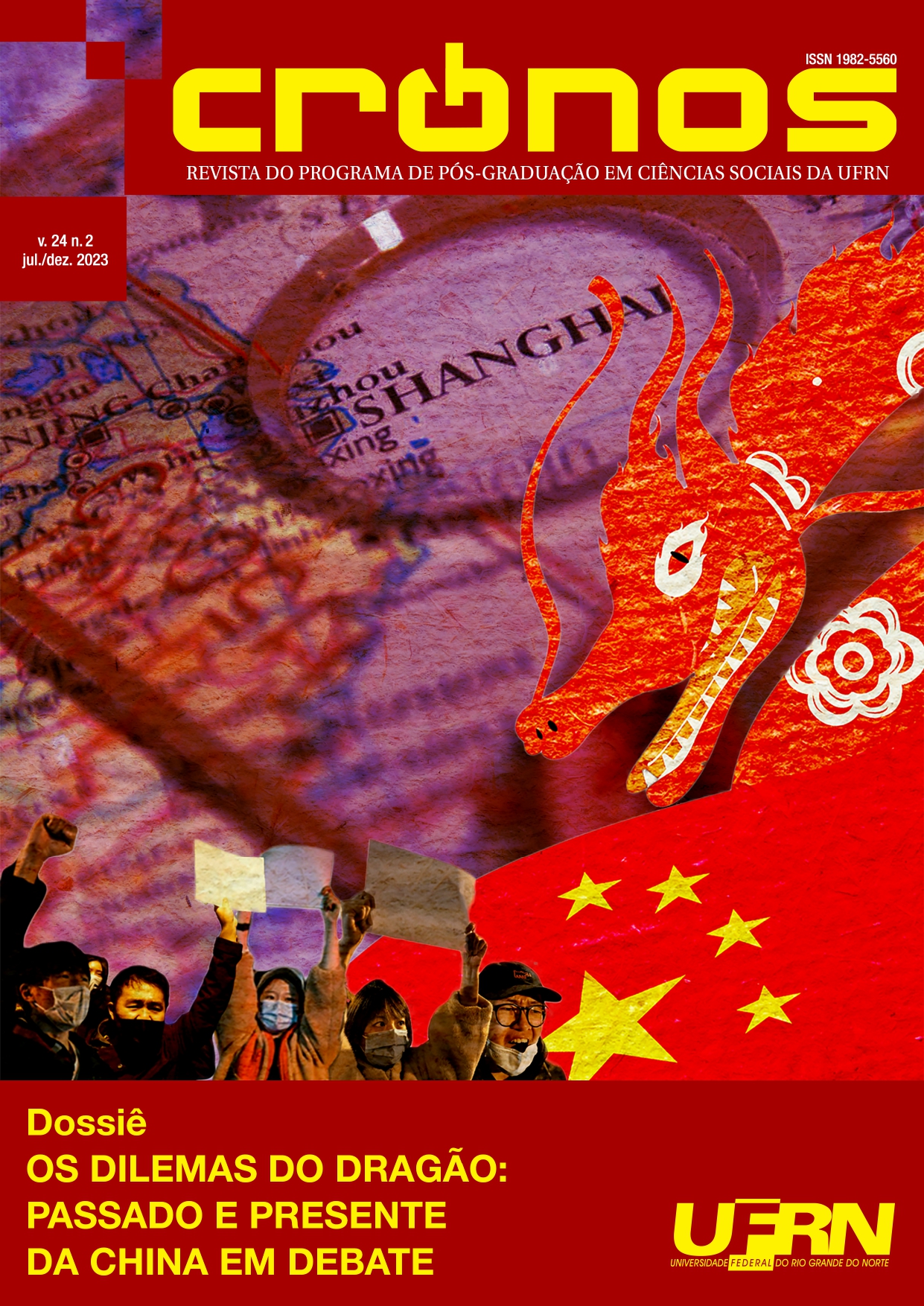CHINA AND NEOLIBERALISM
Moving beyond the China is is/not neoliberal dichotomy
DOI:
https://doi.org/10.21680/1982-5560.2023v24n2ID35924Keywords:
China, neoliberalism, planning, tradeAbstract
This article seeks to discuss how neoliberalism has become relevant to China, trying to overcome the insoluble analytical dichotomy of whether or not China has embraced the neoliberal economic model. Consequently, the paper aims to examine Chinese development over the last few decades and the policies adopted, in debate with classic neoliberal and Marxist thinkers. We start with an analysis of neoliberalism as an anti-collectivist paradigma in the midst of the crisis of collectivism itself, the advance of neoliberalism in China after the crisis of the 1970s and the death of Mao. In response to the crisis, a first major reform was implemented, the domestic responsibility system (HRS), which maintained the planning system and nationalized land, not integrated into neoliberal anti-collectivism. The second reform analyzed is the reform leading to dual price monitoring in the 1980s, which was challenged by China’s top leadership and came close to large-scale price liberalization. In 1988, the country suffered a historic inflation that is directly connected to the social protests and tragic events of 1989. In this way, Weber analyzes the process that led to a critical re-evaluation of the Chinese planned economy, whose crisis would have made neoliberalism relevant to the extent that economic development and integration into the global economy became the main objectives of the government in Beijing. In light of this, the author seeks to compare the implementation of these reforms with the “shock therapies” implemented in Eastern European countries, as well as the continuity of privatization policies in the 1990s.
Downloads
Downloads
Published
How to Cite
Issue
Section
License
Copyright (c) 2024 Revista Cronos

This work is licensed under a Creative Commons Attribution-NonCommercial-ShareAlike 4.0 International License.


 English
English Español (España)
Español (España) Português (Brasil)
Português (Brasil)


